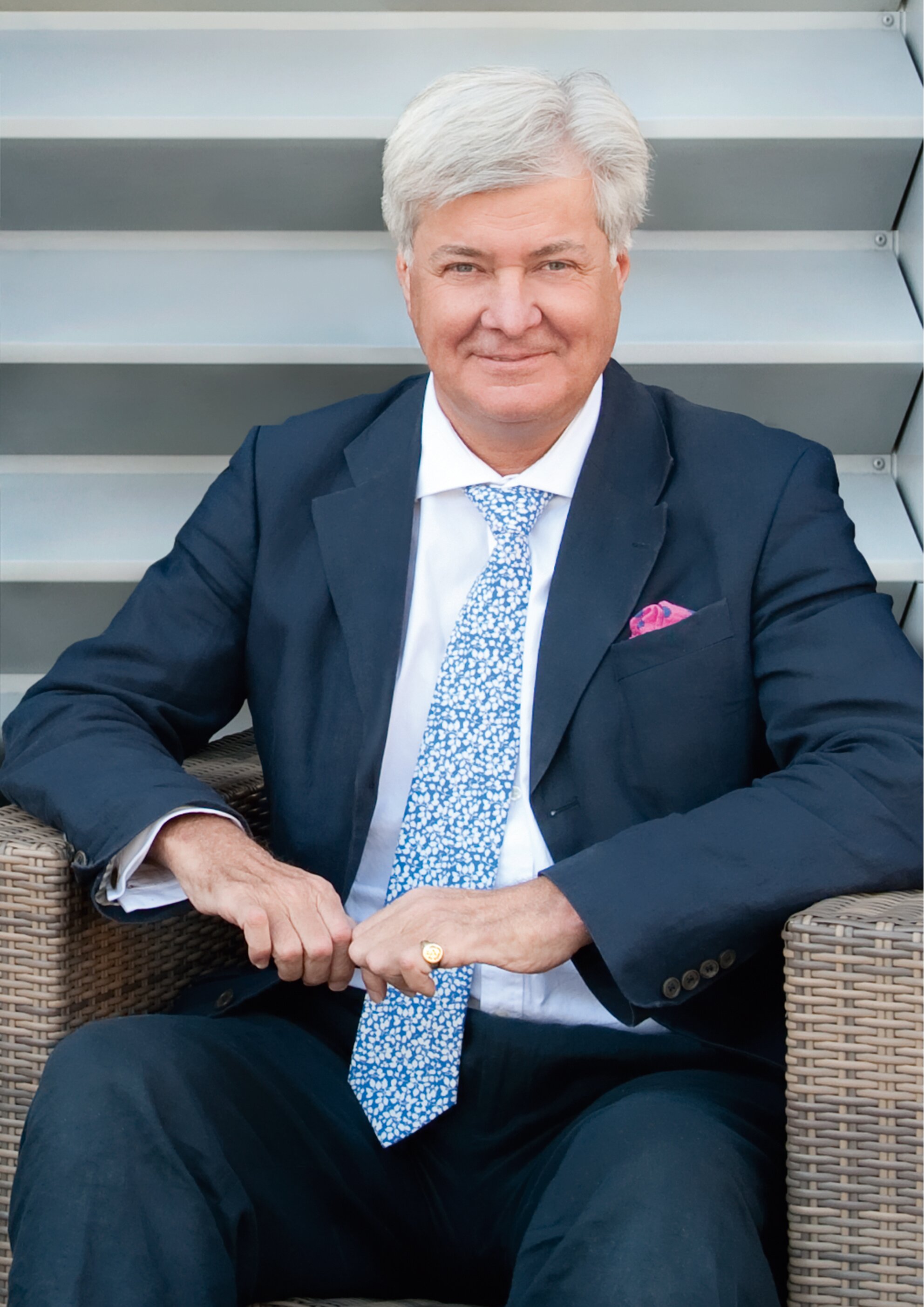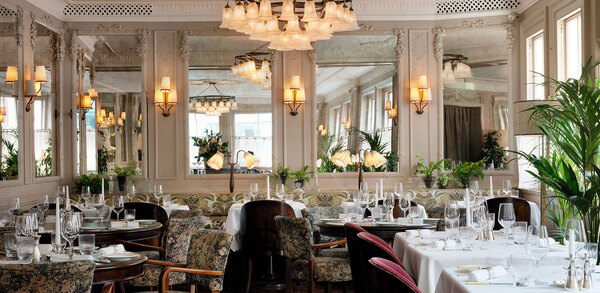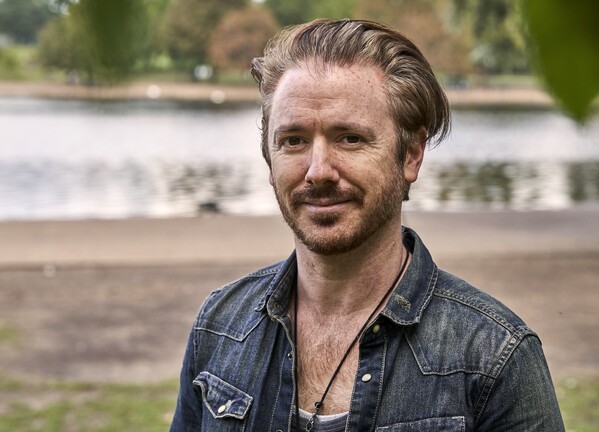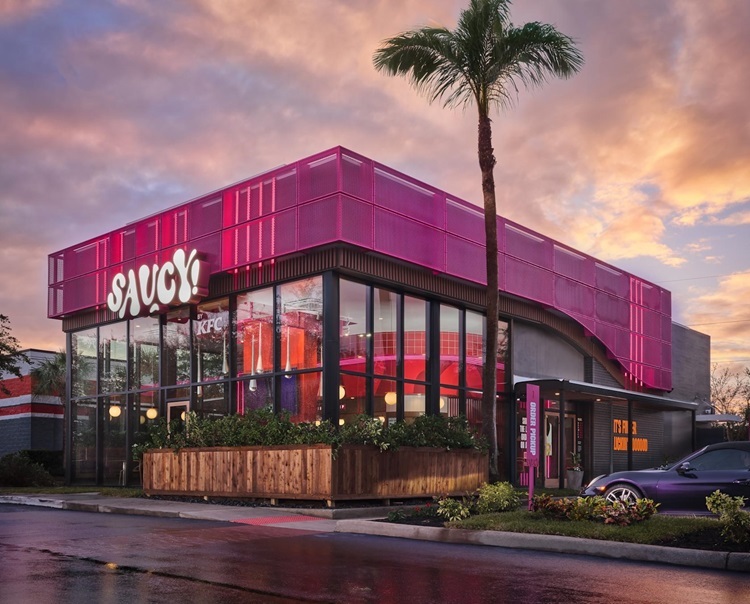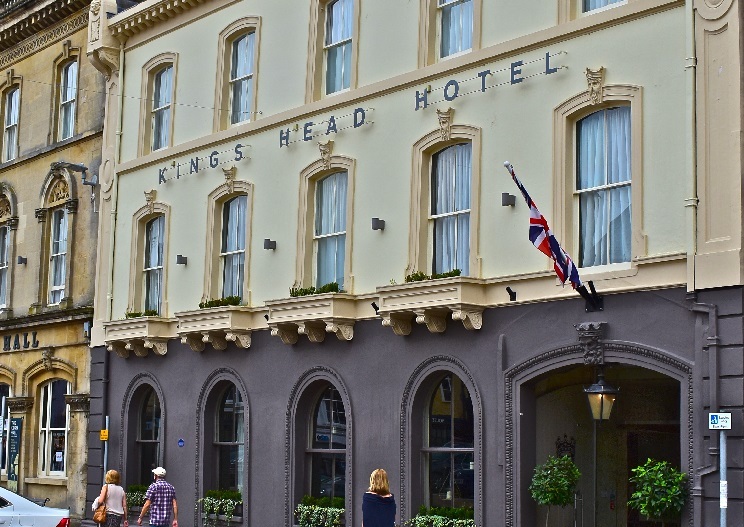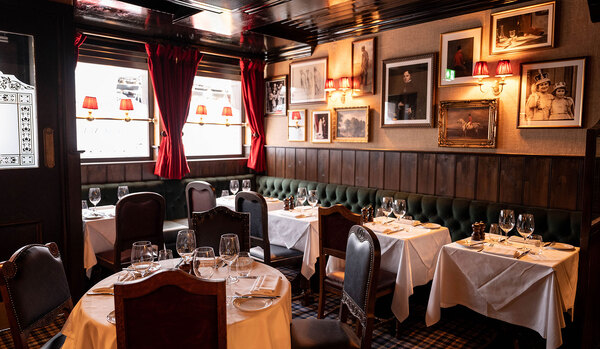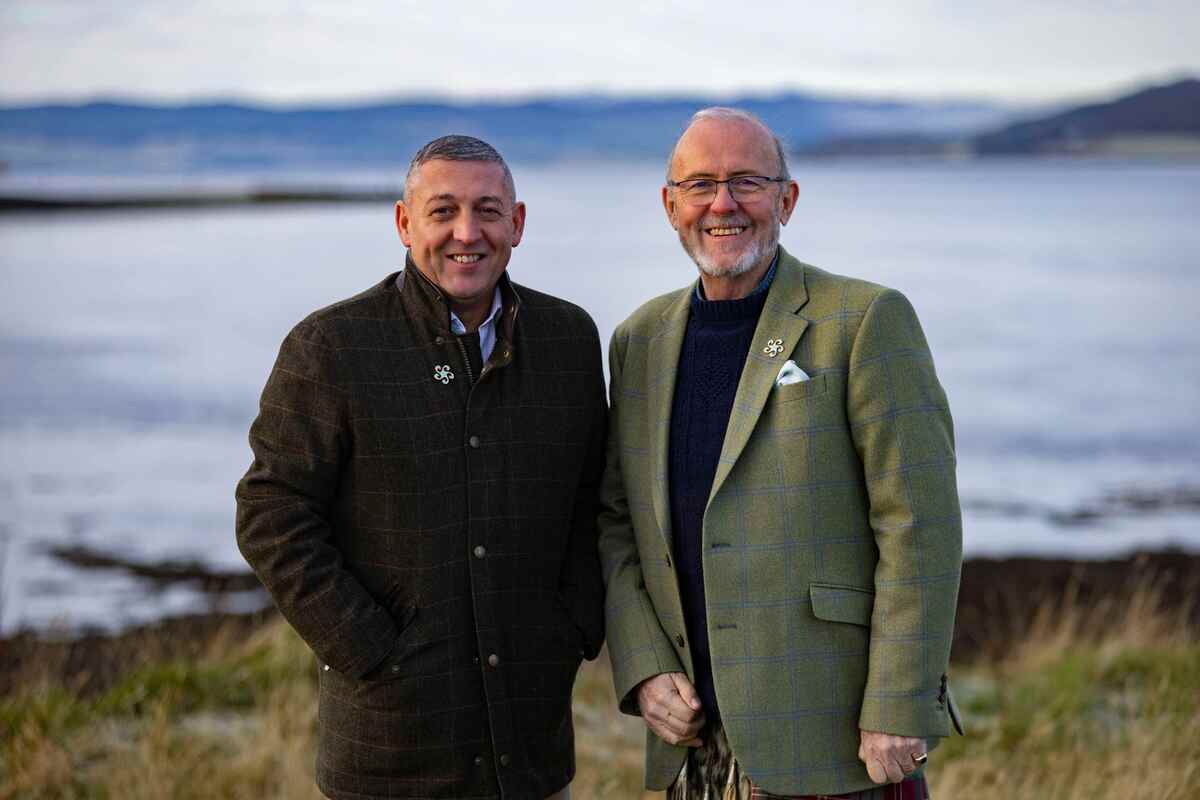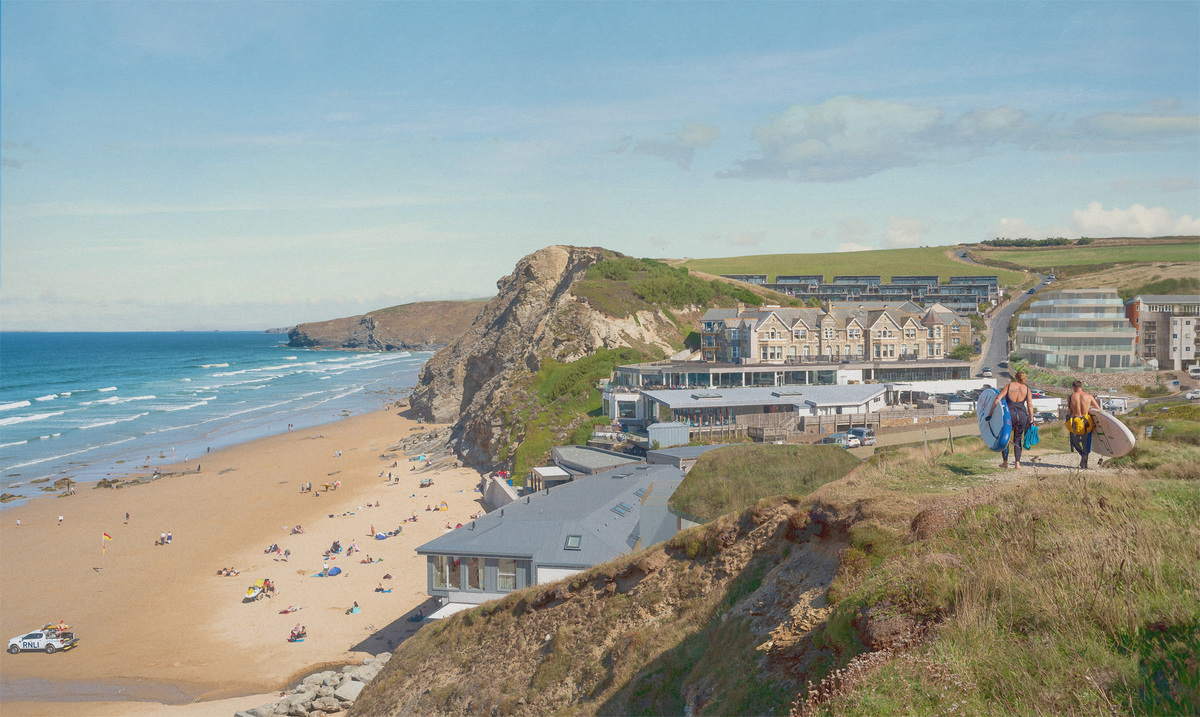Viewpoint: Taking a Liberty with accessibility
Robin Sheppard emphasises the need for accessibility, ensuring that hospitality reopens for every guest
With the Covid-19 crisis far from over, it may seem like an odd time to be talking about opening new hotels. But with both Hotel Telegraph, which will be making headlines in Coventry in October, and Hotel Brooklyn, a new ‘lair’ in Leicester scheduled for early 2022, Bespoke Hotels is aiming to take accessibility standards to new levels. And for those familiar with the disabled world, there is no time like the present.
Several months of lockdown has given able-bodied people an unprecedented insight into how it feels to have your freedom restricted, every hour of every day. A frightening, invisible danger has opened a few more people’s eyes to what it’s like when you have to meticulously research and plan every trip, rely on other people, and sometimes decide that it’s simpler and safer to stay at home.
Since helping to establish the Blue Badge Access Awards in 2015, I’ve been sending out the message that the way in which hotels, restaurants, bars and other hospitality and visitor venues set up their facilities is inadequate, not just for the wheelchair-bound, but for people with invisible disabilities – from limited sight through the range of spectrum disorders. And it’s not just that facilities are lacking in practicality, but style, vision and the joie de vivre that says, “you’re equal – you deserve to enjoy this place as much as everyone”.
From the Bespoke Hotels point of view, we are also working towards a better vision. But we have now set a standard that we aspire to, and that we hope will inspire others in the hospitality industry to match. Exceed it, if you will – we would love that too.
That ‘new standard’ is Hotel Brooklyn, dubbed ‘the most accessible hotel in Europe’ by Ed Warner of Motionspot, which we opened in Manchester. Brooklyn has 20 accessible bedrooms – twice the mandatory requirement – which we’ve branded Liberty rooms. Possibly even more important than the quantity is the quality of the bedrooms, which double as suites and family rooms and are regarded as an upgrade by able-bodied guests, rather than the typical accessible room, which will elicit an apologetic, “this is all we’ve got left” from the receptionist and a request for a discount from able-bodied guests.
Traditional thinking around accessibility and disability has been about mitigating rather than celebrating, which is why the worst of accessible hotel bedrooms look more like a hospital than a hotel.
Traditional thinking around accessibility and disability has been about mitigating rather than celebrating
And here’s the thing. When you take the ‘celebrate, don’t mitigate’ route, occupancy and revenue go up. And you get to increase your share of the £12b accessible tourism market in England.
So, encouraged by this work, by the public response and by the revenue that our Liberty bedrooms have started to generate, we are using this ‘down’ time to up our accessibility game and to spread the message – when lockdown is over, let’s make sure it’s over for everyone.
Robin Sheppard is president at Bespoke Hotels



